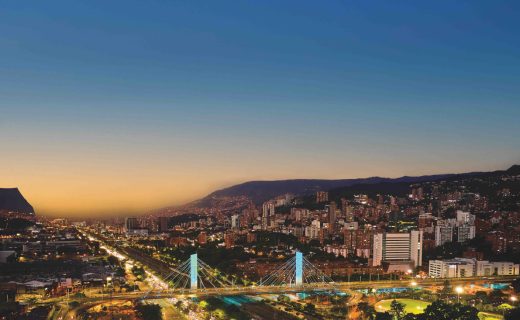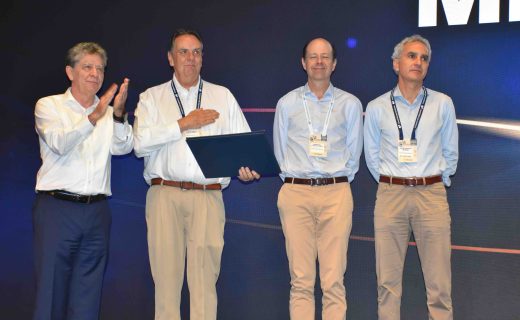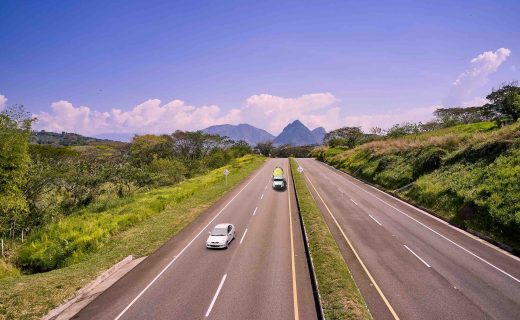

Grupo Argos Foundation • News
Grupo Empresarial Argos has intervened in over 8,400 hectares through mandatory compensation processes and more than 20,000 hectares in voluntary programs
15 July 2024- Grupo Empresarial Argos has a climate change strategy that includes actions to mitigate and offset the carbon footprint of its businesses, with the goal of reducing CO2e emission intensity by 46% by 2030.
- The organization’s environmental efforts have been recognized for the past 12 consecutive years by the Dow Jones Sustainability Index, which has highlighted the companies of Grupo Empresarial Argos as among those with the best practices in the world.
- Through Grupo Argos Foundation, the company protects and conserves nearly 20,000 hectares of degraded areas in strategic ecosystems and is advancing the planting of 10 million native tree species. By 2030, this initiative will contribute to the capture of more than 300,000 tons of CO2e and create over 3,700 rural green jobs.
In line with its sustainability strategy and with the goal of maximizing positive impacts on the environment and society, the companies of Grupo Empresarial Argos develop voluntary environmental compensation projects and initiatives based on nature-based solutions. To date, these efforts have enabled the mandatory recovery of more than 8,400 hectares and the voluntary intervention of over 20,000 hectares in Colombia, with the support of Grupo Argos Foundation.

“In Grupo Empresarial Argos, we understand sustainability as a value lever that enables our strategy and allows us to maximize positive impacts on the environment and society. This is why we carry out projects and initiatives aimed at giving back more than we take from the environment, aligning ourselves with the goals of the Kunming-Montreal Global Biodiversity Framework.”
Ana María Uribe
Sustainability Manager of Grupo Argos
In the case of Cementos Argos, the company has implemented rigorous strategies to meet its environmental obligations, especially regarding forest compensations derived from quarry exploitation. By the end of 2023, 100% of these quarries had a closure plan. Additionally, the company has achieved the rehabilitation of over 1,200 hectares, representing 69% of its operations. The goal is to reach 90% by 2030.
Celsia, on the other hand, has restored over 7,200 hectares through environmental initiatives such as planting more than 15 million native trees in strategic forests in Antioquia, Atlántico, Risaralda, and Valle del Cauca. This effort has significantly contributed to ecosystem restoration and the conservation of endangered forest species. Additionally, the company has transferred over 92 hectares to the environmental authority of Tolima, Cortolima.
Finally, Odinsa, through its La Pintada concession, has compensated for 500 hectares of tropical dry forest, contributing to the restoration of one of the most threatened ecosystems in the country. This effort will help rehabilitate habitats for both fauna and flora species and mitigate the effects of climate variability in areas near the compensated zones.
Mas noticias
-
 Grupo Argos Foundation
Grupo Argos Foundation -
 Corporate
CorporateGrupo Argos received COP 493,000 million from the share buyback of Cementos Argos
20 November 2025 Read more -
 Brand
BrandGrupo Argos pays tribute to Medellín on its 350th anniversary with urban art and community infrastructure
12 November 2025 Read more -
 News
NewsJorge Mario Velásquez, President of Grupo Argos, receives the ANDI Order of Business Merit for his leadership and contribution to the country’s development
15 August 2025 Read more -
 Corporate
CorporateGrupo Argos begins a new phase focused 100% on infrastructure and construction materials, with projects totaling nearly COP 40 trillion
26 July 2025 Read more
